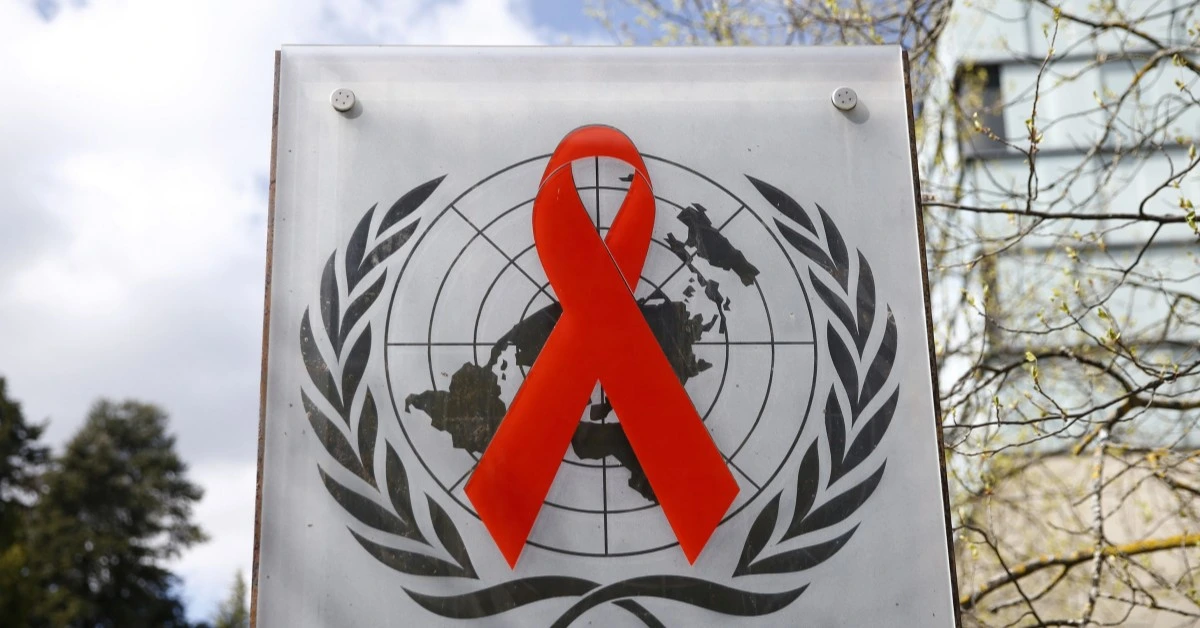
SWITZERLAND – The United Nations AIDS agency has warned that over six million people could lose their lives to HIV and AIDS in the next four years if the U.S. government pulls funding for global treatment programs.
This concern comes after U.S. President Donald Trump placed a 90-day freeze on foreign aid upon taking office. Although a waiver was issued to protect life-saving programs under the President’s Emergency Plan for AIDS Relief (PEPFAR), many issues remain unresolved.
Christine Stegling, UNAIDS deputy executive director, highlighted the uncertainty surrounding the waiver’s implementation.
“There is a lot of confusion, especially on the community level, about how the waiver will be implemented. We’re seeing a lot of disruption of delivery of treatment services,” she said.
PEPFAR, the world’s leading initiative against HIV, is crucial in supporting treatment programs globally. While the waiver allowed some critical aid efforts to continue, Stegling emphasized that a lack of clarity has caused significant delays and disruptions, especially in community clinics that rely entirely on U.S. funding.
She stressed the consequences of any pause in funding, warning, “That’s 6.3 million AIDS-related deaths that will occur in the future. Any penny, any cut, any pause will matter for all of us.”
Community clinics are particularly vulnerable, as they are heavily dependent on U.S. government support. For instance, in Ethiopia, 5,000 public health worker contracts funded by U.S. aid have already been terminated, according to Stegling.
This disruption threatens access to treatment and may deter people from seeking care, potentially leading to a rise in new HIV infections.
Amid these challenges, Stegling urged U.N. member states to step up, warning that if PEPFAR funding is not reauthorized between 2025 and 2029, AIDS deaths could increase by 400%.
“These are people’s lives that are really at risk here that we need to consider as we’re thinking about the future,” she stated.
U.S. contributions make up the majority of global funding for UNAIDS, which operates in 70 countries and aims to end AIDS as a public health threat by 2030.
However, Trump’s administration has stated it is reviewing all foreign aid programs to ensure alignment with his “America First” policy.
This broader funding decline has raised fears that progress made in combating HIV and AIDS could be reversed.
XRP HEALTHCARE L.L.C | License Number: 2312867.01 | Dubai | © Copyright 2025 | All Rights Reserved